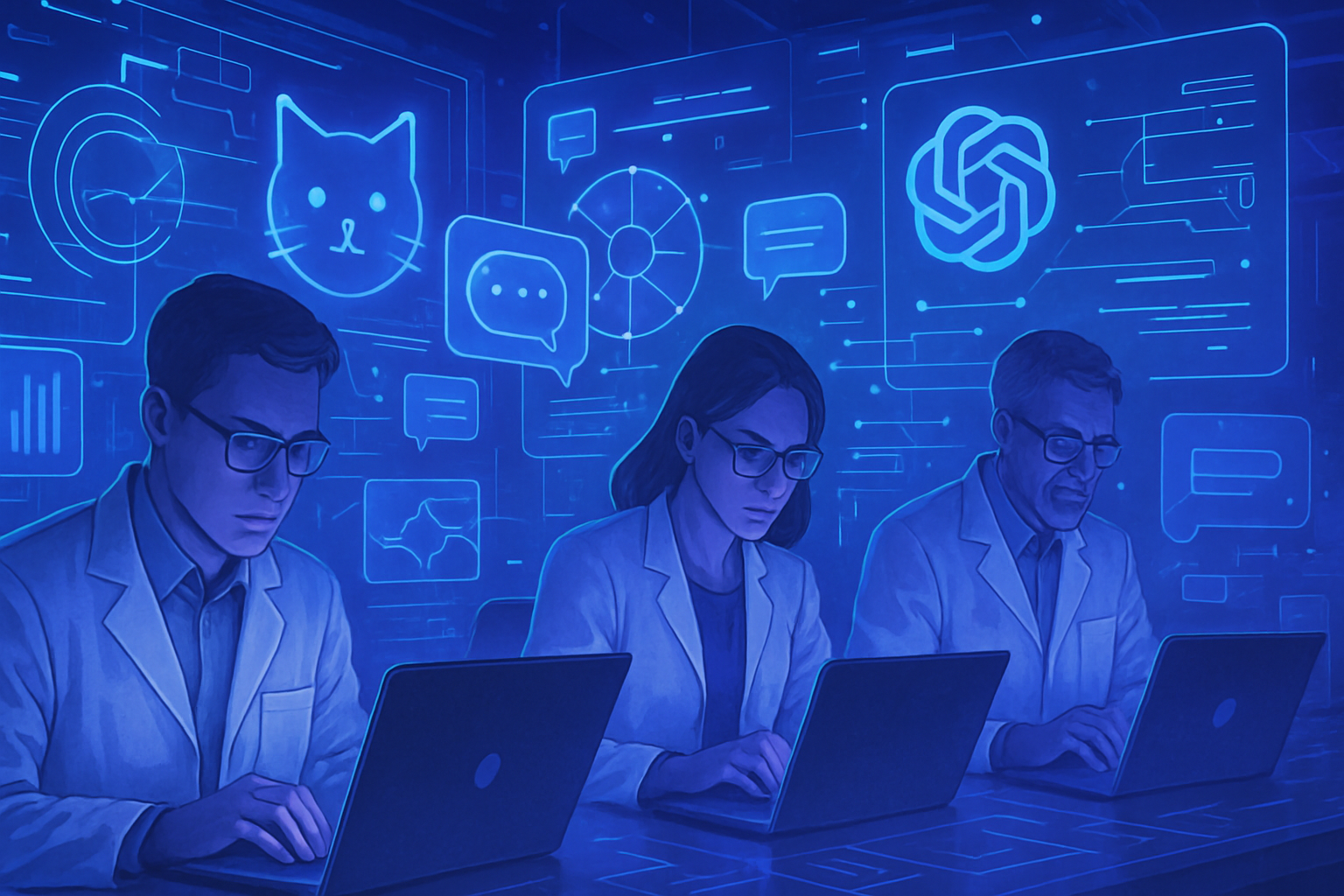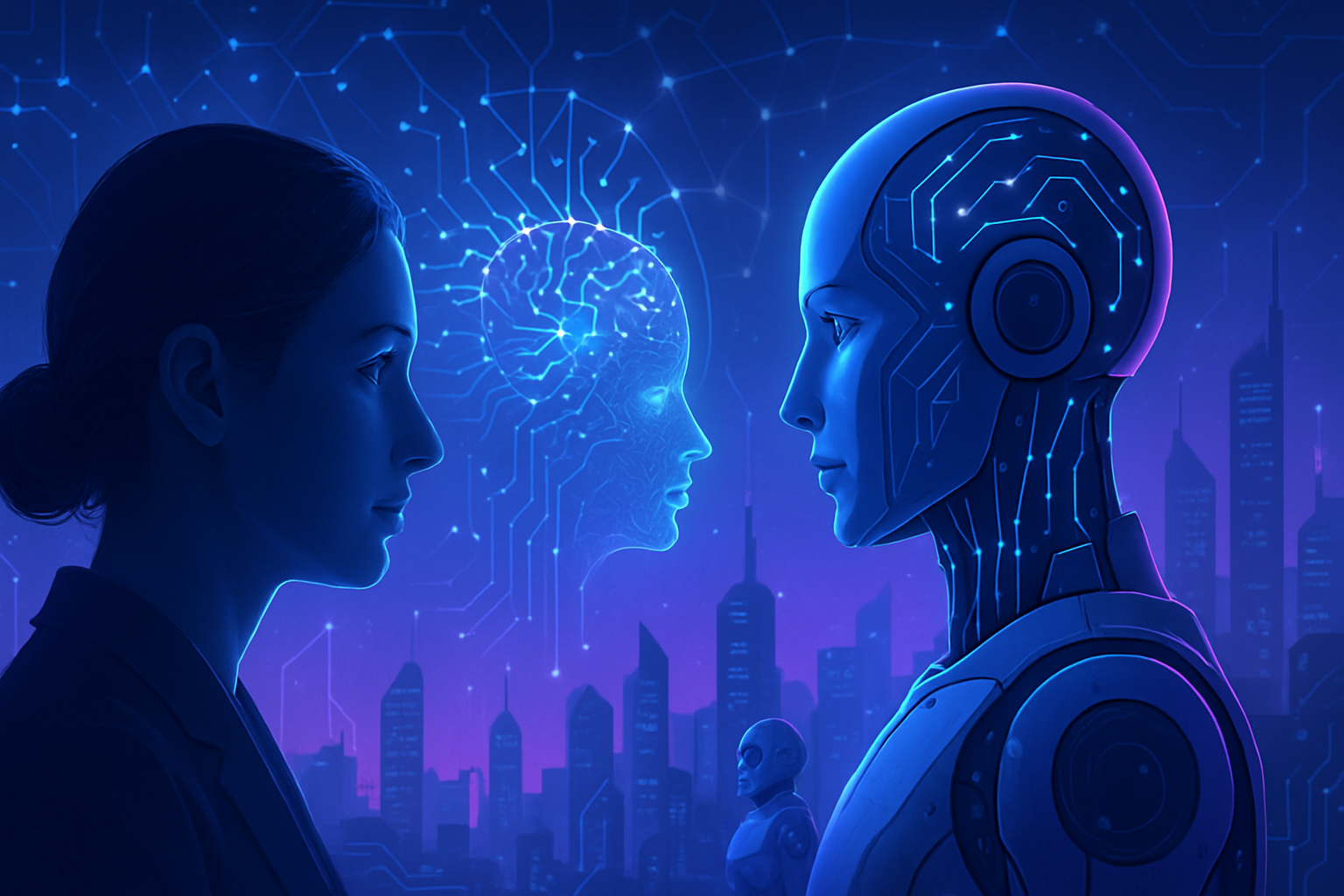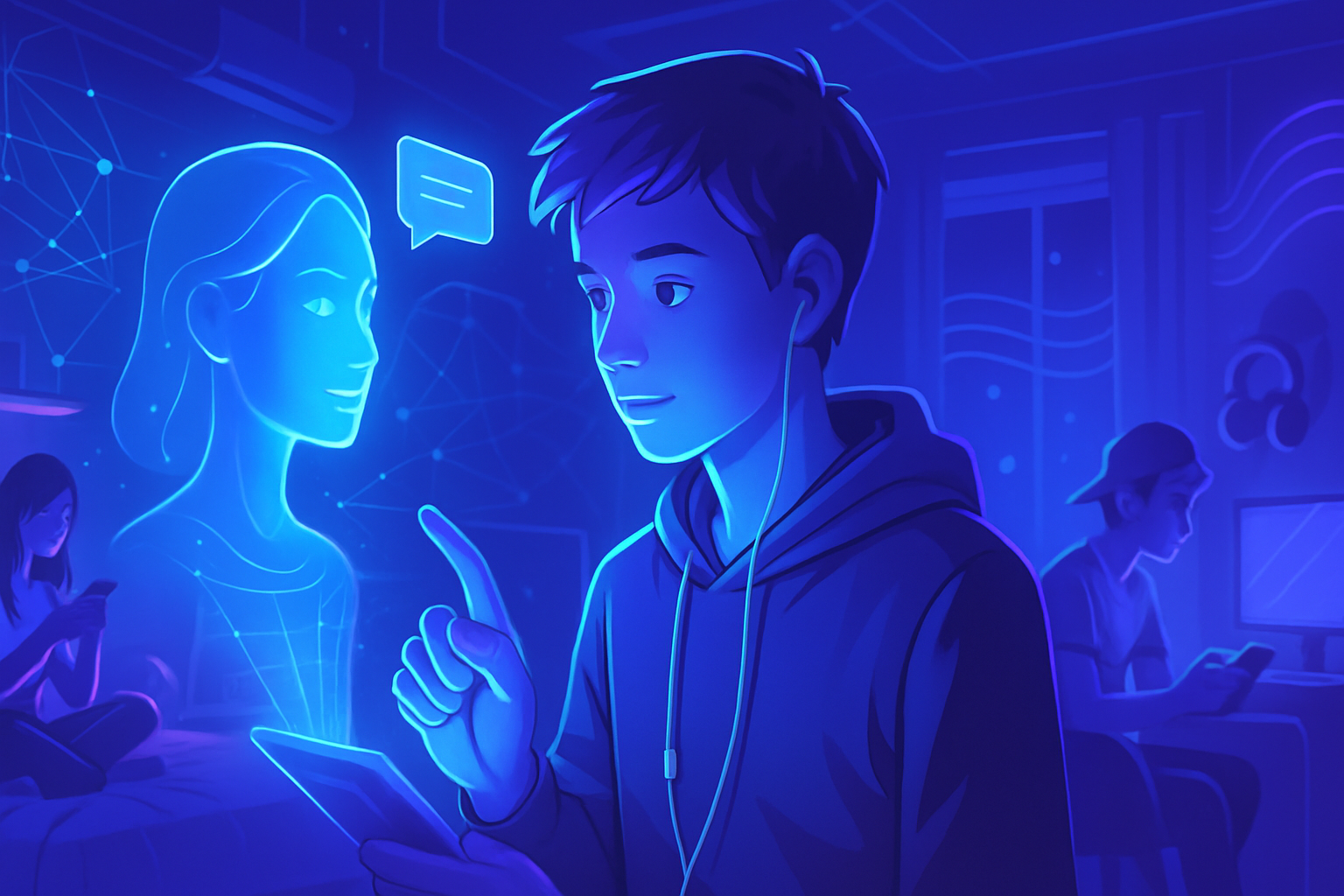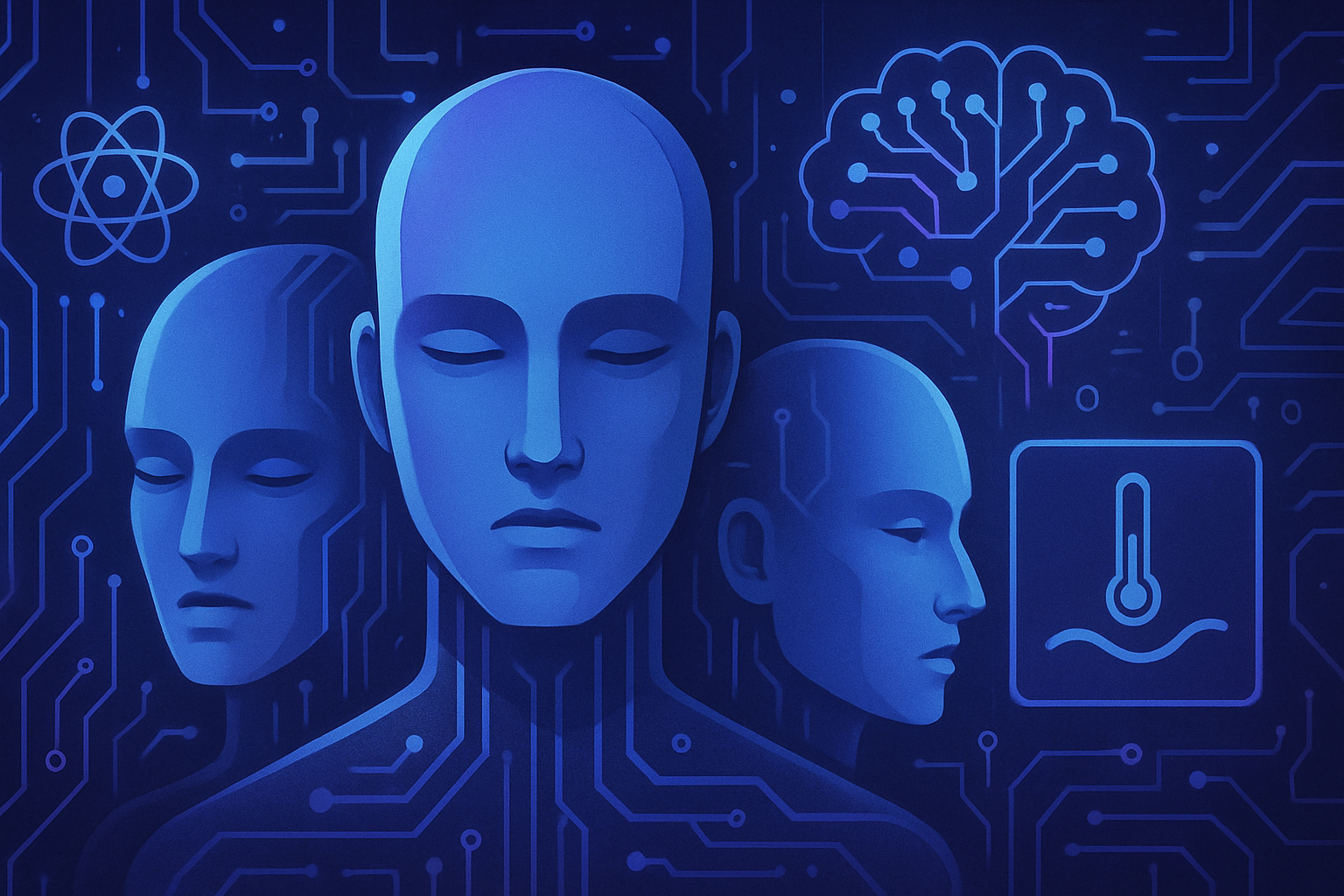Researchers reveal how ChatGPT disrupts contemporary linguistic norms. A recent study demonstrates a revealing linguistic change caused by human interaction with this technology. *The emergence of new words and expressions profoundly influences* our way of expressing ourselves. The implications are vast, as this transformation could redefine the landscape of human communication in the 21st century. *Linguistics, often seen as immutable, is here called into question* by the power of language models. This pioneering research highlights the link between artificial intelligence and linguistic dynamism.
Impact of ChatGPT on Human Communication
Researchers from Florida State University recently published a study that demonstrates the influence of ChatGPT on our way of communicating. This research, titled Model Misalignment and Language Change: Traces of AI-Associated Language in Unscripted Spoken English, represents a first in the analysis of the effects of language models on human language.
Study Results
Researchers observed a measurable change in the use of certain words associated with artificial intelligence, such as “underscore”, which has seen its usage increase significantly. Conversely, synonyms such as “accentuate” did not experience such variations. This finding underscores how the language used by AI tools seeps into our daily exchanges.
By analyzing 22.1 million words from unscripted conversations, including scientific podcasts, the scientists found that nearly three-quarters of the targeted words had experienced an increase in their frequency of use. Terms like “surpass” and “meticulous” have seen their usage multiply, exceeding typical historical trends.
Observable Linguistic Evolution
The transformations in spoken language are remarkable in scope. Compared to historical evolutions, researchers found a significant convergence between human lexical choices and AI-associated models. This phenomenon illustrates AI’s ability to shape language beyond mere suggestions on a screen.
Tom Juzek, an assistant professor of computational linguistics, commented on these findings, stating that these changes could result from a direct influence of AI on the human linguistic system. He stated: “Our research highlights major ethical questions regarding the impact of AI on language.”
Interests and Implications of the Findings
The implications of this research go far beyond words. The influence of ChatGPT on language raises concerns about how AI could alter our interactions. The inherent biases in AI models could also transform human behaviors in daily life, which poses profound ethical questions for the future.
A particular focus is on the fact that these changes are not limited to the use of technological tools. Language evolves under the influence of conversation models generated by artificial intelligences, thereby conditioning sociocultural aspects.
Perspectives for Future Research
The research is part of the undergraduate research opportunity program at Florida State University. The researchers hope to deepen this investigation to better understand how AI influences not only written language but also spoken language. The stakes presented are complex and extensive. Their future work could provide insights into how AI amplifies traditional models of linguistic change or introduces new ones.
The acceptance of the study at the eighth Conference on AI, Ethics, and Society demonstrates its importance in the current debate about the impact of AI on various aspects of communication and culture.
Additional Results to Watch
Future research will leverage these initial findings to further scrutinize the interrelations between AI and language. How do these AI-influenced linguistic practices develop? How can users navigate an environment where AI models modulate human discourse? This undertaking remains open for the scientific community as a whole.
For further reflections on the subject, it is pertinent to explore related articles, such as those addressing the impact of AI on document management or the transformation of jobs by AI.
Frequently Asked Questions
What are the main findings of the research on ChatGPT’s influence on our language?
The research reveals a significant increase in the use of certain AI-associated words in spoken language. For example, words like “surpass” and “meticulous” have seen their frequency of use rise since the launch of ChatGPT in 2022.
How was the research conducted to analyze ChatGPT’s impact on spoken language?
Researchers analyzed 22.1 million words from spontaneous conversations, including science and technology podcasts, to determine lexical trends before and after the release of ChatGPT.
What categories of words were observed for their increased usage after the introduction of ChatGPT?
Words commonly used in formal or academic contexts, such as “garner” and “strategic,” were identified as having a more prevalent usage in spoken language since the adoption of ChatGPT.
Does this research have ethical implications regarding the use of artificial intelligence?
Yes, it raises important questions about how biases in AI models can influence our behaviors and communication styles.
Did the study reveal that language changes are caused by the use of ChatGPT itself or by a broader influence of AI?
Researchers are examining whether these linguistic changes result from a repetition of what is suggested by AI or if AI actually influences human language systems.
What specific words have shown an increase in usage since the arrival of ChatGPT?
Words like “accentuate” have not seen an increase, while terms like “underscore” have grown in usage, showing that AI language permeates our communication.
Why is it important to understand the impact of AI on human communication?
Understanding this impact is essential because language is a fundamental communication tool. The observed changes could influence not only the language but also social and cultural interactions.






